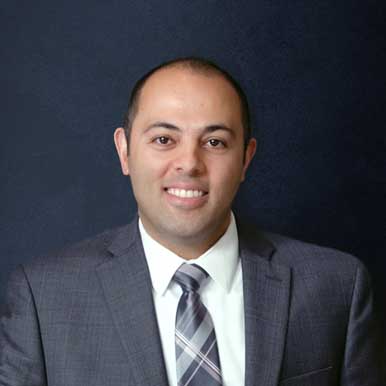An Attorneys’ Fees Provision Does Not Guarantee Award of Attorneys’ Fees Even if You Prevail
April 16, 2018 | News

The California Supreme Court recently held that the assertion of a contract as an affirmative defense does not constitute an “action” or “proceeding” for purposes of triggering the attorneys’ fees provision in the agreement. Mountain Air Enterprises, LLC v. Sundowner Towers, LLC, 3 Cal.5th 744 (2017).
Under the American Rule, each party to a lawsuit pays its own attorneys’ fees. California law, however, permits parties to contract out of the American rule by expressly agreeing to an arrangement that allocates those fees.
In Mountain Air, plaintiff sued defendants to, among other things, specifically enforce an agreement to purchase real estate. In response, defendants asserted the affirmative defense of novation, arguing that the purchase agreement was extinguished by an option agreement subsequently entered into by the parties. Defendants prevailed at trial. However, the trial court refused to grant defendants their attorneys’ fees pursuant to the option agreement’s attorneys’ fees provision that authorized fees to the prevailing party if a “legal action” or “proceeding” is brought to enforce the option agreement or because of an alleged dispute, breach, default or misrepresentation in connection with any provision of the option agreement.
The Supreme Court, reversing the Court of Appeal, agreed with the trial court that asserting the option agreement as an affirmative defense did not trigger the option agreement’s attorneys’ fees provision because an affirmative defense, in and of itself, does not constitute an “action” for purposes of recovering attorneys’ fees. The term “action” is generally treated as referring to the whole of a lawsuit rather than to discrete proceedings within the lawsuit. The Supreme Court further concluded that affirmative defenses are not typically “brought” by a party and therefore the inclusion of that word is consistent with a narrow reading of the attorneys’ fees provision.
Ultimately, the Supreme Court granted defendants their attorneys’ fees on a different ground because it found the action was brought “‘because of’ ‘an alleged dispute … in connection with’” the option agreement.
If you have questions, please contact either Bashar Ahmad (bahmad@boutinjones.com) or Mollie Murphy (mmurphy@boutinjones.com) at 916.321.4444.
Legal disclaimer: The information in this article (i) is provided for general informational purposes only, (ii) is not provided in the course of and does not create or constitute an attorney-client relationship, (iii) is not intended as a solicitation, (iv) is not intended to convey or constitute legal advice, and (v) is not a substitute for obtaining legal advice from a qualified attorney. You should not act upon any of the information in this article without first seeking qualified professional counsel on your specific matter.
Subscribe to our Blogs
Get notified when new posts are published.
